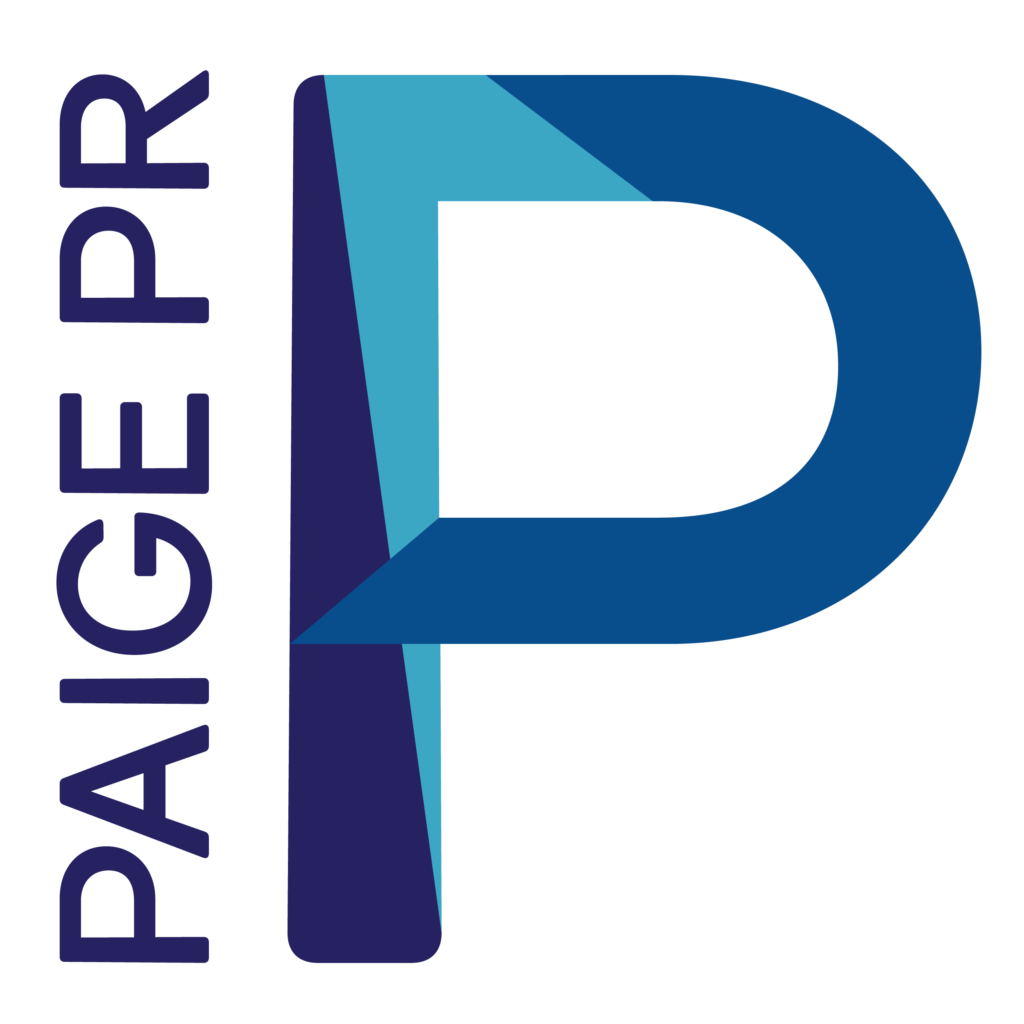LET'S GET CONNECTED!
Never miss a blog post from Paige PR! Our digital newsletter is packed full of actionable insights designed to inspire clear communication and real results to grow your business. Enter your info to subscribe!
Subscribe
It’s Not Just What You Say – It’s How You Say It
The Blake Lively/Justin Baldoni Controversy: An Example in Media Missteps and Public Perception
In the world of Hollywood, where personal lives are constantly under the microscope, even the smallest misstep can lead to a media frenzy. One of the more recent examples that sparked widespread discussion involved actress Blake Lively and actor-director Justin Baldoni. The controversy centered around a seemingly innocent interview that quickly spiraled into a lesson in the importance of understanding public sentiment, the dangers of tone-deaf statements, and the responsibility celebrities, and us “normal folk”, have when speaking publicly.
The Incident: A Misunderstanding Turned Media Firestorm
The controversy began during a press interview when Baldoni made an offhand comment about how much he admired Lively for her “strong” and “independent” character. He was referring to the way Lively’s character in The Age of Adaline navigated complex, personal decisions while maintaining control of her destiny. However, Baldoni’s words quickly took on a different tone when he further mentioned how Lively’s “empowered” roles made him rethink masculinity in his own life.
While Baldoni’s intention was clearly meant to praise Lively’s portrayal of strong female characters, it quickly got lost in translation. Social media users and critics alike began to call out Baldoni for what they perceived as condescending or patronizing behavior, suggesting that he was downplaying the strength of women by reducing it to mere admiration from a man’s point of view.
Lively responded with a tweet that further fueled the fire. She called out Baldoni in a light-hearted but pointed manner, suggesting that his comments were tone-deaf and, at worst, unintentionally reinforcing traditional gender norms. What followed was an avalanche of headlines, online debates and viral memes. And now, a trial.
Lessons Learned: The Role of Public Relations in Navigating Controversy
The Blake Lively and Justin Baldoni situation highlights several key lessons in managing public communication and media relations.
- First, it underscores the importance of tone in interviews. Even the most well-meaning comments can be misinterpreted if they’re not conveyed correctly. Carefully consider how you speak; including choice of words, your pitch, volume, and the speed with which you’re conveying messages.
- Second, the incident demonstrates the importance of owning up to missteps and using one’s platform to correct them. Lively’s response was measured, yet assertive, signaling that celebrities don’t need to shy away from correcting misunderstandings, even if they’re controversial. Acknowledging mistakes, when done authentically, can turn a potential PR disaster into an opportunity for growth and dialogue.
- Lastly, this situation serves as a reminder of the fine line between intention and perception. While Baldoni’s words might have come from a place of admiration, his failure to navigate the complexities of gender dynamics left him vulnerable to backlash.
Conclusion: The Power of Communication in Shaping Public Opinion
Like celebrities, business professionals must also be aware of how their words might be perceived by different audiences. Intentions can easily be lost in translation, especially when discussing sensitive topics like gender, race, or identity. A poorly worded comment, even if unintentional, can quickly snowball into a larger issue. For anyone, it’s essential to approach interviews and public statements with an understanding of the broader cultural and social context.
At Paige PR, we know that successful communication isn’t about avoiding mistakes—it’s about handling them with grace, authenticity, and a willingness to learn. Whether you’re a CEO, a thought leader, or someone sharing their personal story on a podcast, your words matter. By being mindful of your audience, choosing your language carefully, and responding thoughtfully to criticism, you can turn even the most challenging interviews into opportunities for growth and connection. In the end, it’s not just about what you say—it’s about how you say it, and how you respond when things don’t go as planned.
It’s worth noting that we are taking no sides in this situation, but as PR professionals we saw a teachable moment. We hope everything gets resolved and would be thrilled to hear that the sequel, It Starts With Us, gets the green light!


